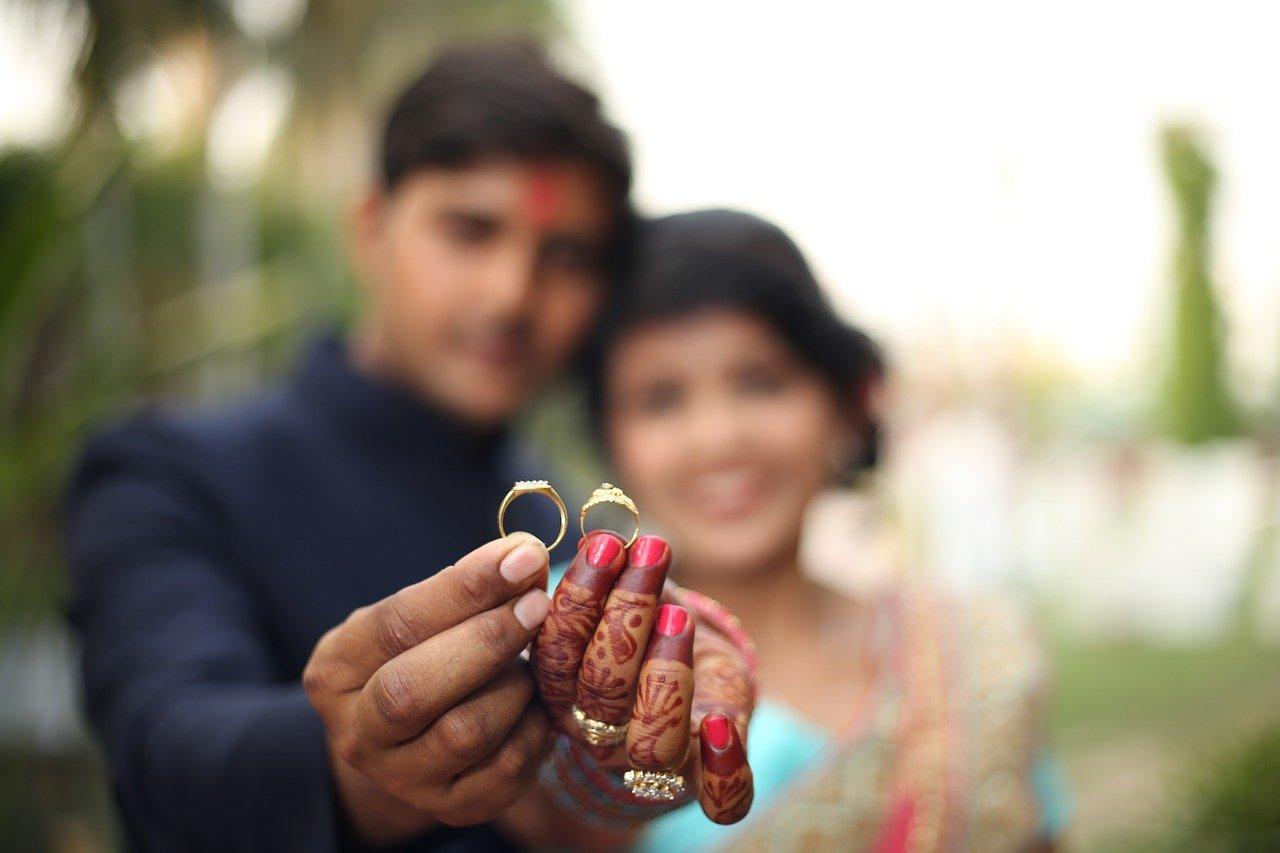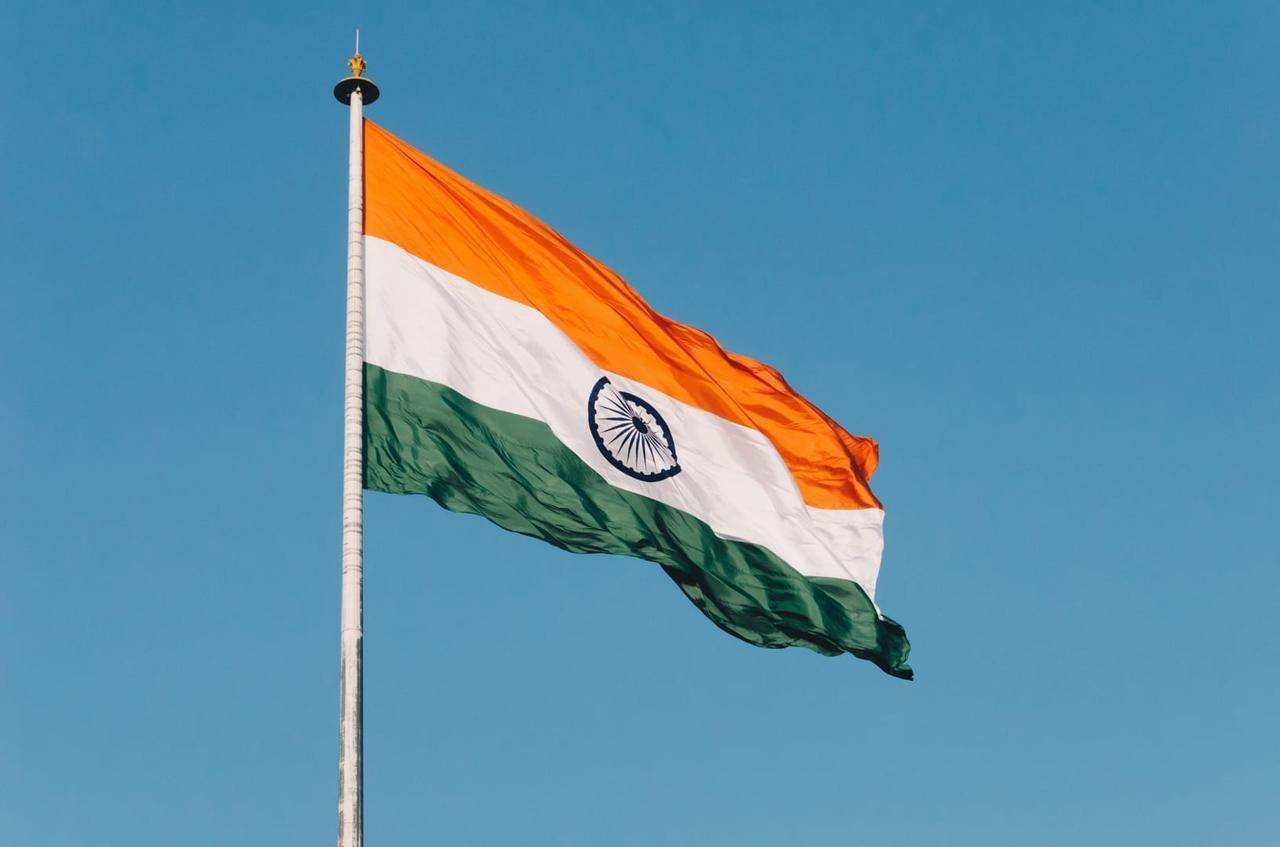MUMBAI, India – An Indian cardinal has set up a commission to look into interfaith marriage as the issue has become a political flashpoint in the country.
Cardinal George Alencherry, the head of the Syro-Malabar Catholic Church, convoked the commission after Catholic woman married a Muslim man at St Joseph Church in downtown Kochi, in the southern state of Kerala.
Questions were raised if all of the official requirements were met for a Catholic to marry a non-baptized person, with some saying the parish of the Catholic party – located in another diocese – hadn’t given the proper permission.
The ceremony drew greater attention due to the presence of Bishop Matthew Vaniakizhakel, the retired bishop of Satna.
In a letter, the bishop apologized for attending the ceremony.
“I attended the mixed marriage because of my close association with the bride’s family. However, I regret attending it,” Vaniakizhakel wrote.
Kerala is the Christian heartland of India. Although Christians only make up just over 2 percent of the population in the whole of India, they are nearly 20 percent of the population in Kerala.
The state is also the home of the Syro-Malabar Church, one of the Eastern rite Catholic churches native to India.
Father Alex Onampally, the secretary for the Media Commission of the Syro-Malabar Church, told Crux Alencherry will only issue new guidelines on interfaith marriages after the commission issues its report.
Church law forbids interfaith marriages, but a dispensation can be given by Church authorities if the Catholic spouse promises to not abandon his/her faith and to raise their children Catholic. Without the proper dispensation, the marriage is considered invalid by the Catholic Church.
Although these dispensations are given out regularly in the West, they are often refused in India due to the perceived danger to the faith of the Catholic party.
The controversy in Kerala has caused some Catholic activists to raise accusations of “love jihad” – the allegation that Muslims are marrying non-Muslims in order to convert them to Islam.
These rumors have caused the northern state of Uttar Pradesh to pass legislation putting up obstacles to interfaith marriages, including a waiting period and the requirement of approval by a government official. The law imposes a penalty of up to 10 years imprisonment for violators.
RELATED: Indian state outlaws religious conversion by marriage
Uttar Pradesh is ruled by the Bharatiya Janata Party (BJP), which has also controlled the national government since 2014. The BJP has strong links to the Rashtriya Swayamsevak Sangh (RSS), a militant Hindu nationalist organization.
Religious minorities have complained of increased harassment since the party took charge. Hindu nationalists often accuse Christians and Muslims of “forced conversion,” and several states of passed anti-conversion laws.
In India, Muslims, Sikhs, Christians, Buddhists, Parsis and Jains are classified as minorities. Together they make up 20 percent of India’s 1.3 billion people. Some 80 percent of Indians are Hindus.
Several other states ruled by the BJP are also considering a “love jihad” law with harsh penalties attached.
In the southern state of Karnataka, BJP officials say they are “trying to protect Hindu women who are being forced to convert to Islam under duress,” not stop all interfaith marriages.
Archbishop Peter Machado of Bangalore, the capital of Karnataka, admitted “the idea of converting for the sake of marriage is of course something to ponder upon.”
“Any religion for that matter would teach that faith and belief are personal matters connected to the individual and his God,” he told Crux.
“Faith is something subjective and personal, but marriage involves two persons which cannot be forced. Adapting myself to a new faith is for my sake and my God. One should never forget that no religion would force or impose its ideas by snubbing personal understanding and reasoning,” Machado said.
The archbishop noted that the marriage law of the Catholic Church said a person who marries “enticed by deceit, perpetrated in order to secure consent, concerning some quality of the other party, which of its very nature can seriously disrupt the partnership of conjugal life is an invalid marriage.”
“The person who intends to marry with the intention of only converting her or explicitly within says that I will establish family with him or her only if she or he gets converted is already an invalid marriage,” Machado said.















